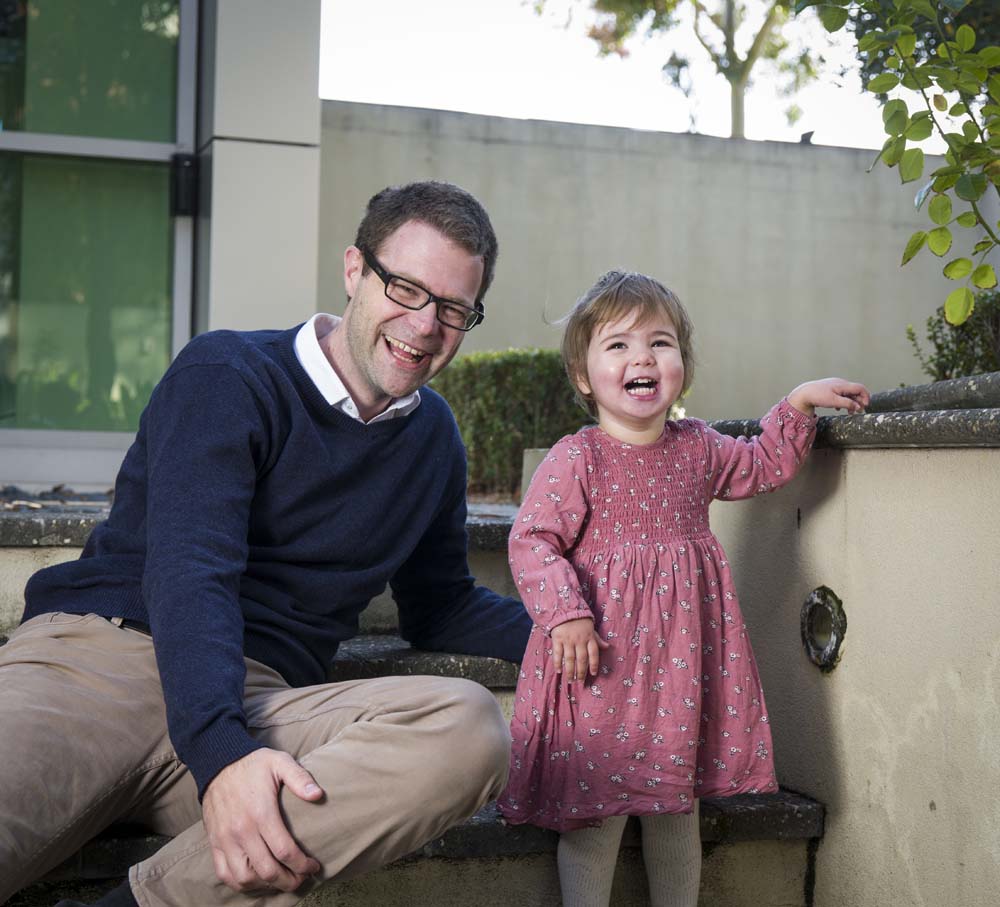Search

News & Events
Chance to showcase WA expertise on the international stage thanks to Aspire AwardsTwo of The Kids Research Institute Australia’s best and brightest will share in $10,000 of funding to use for investment in their professional growth through attendance at an international conference, when safe to do so.

News & Events
New friend to improve social attention of kids with autismAn attention-training game developed by researchers at The Kids Research Institute Australia is helping to improve social skill development in school-aged kids with autism.

News & Events
AWESOME ASD guide opens the world of art to kids with autismFor kids on the autism spectrum, it’s not always easy to enjoy art without becoming overwhelmed, overstimulated or anxious.

News & Events
The Kids researchers awarded Raine Medical Research Foundation fundingCongratulations to Dr Gail Alvares and Dr Rachel Foong, who have been awarded funding from the Raine Medical Research Foundation.

News & Events
The Kids Research Institute Australia researcher a finalist for 2017 Eureka PrizeAutism researcher, Professor Andrew Whitehouse from The Kids has been named a finalist in the Eureka Prize for Emerging Leader in Science

News & Events
National guidelines bring new order to autism diagnosisClinicians across Australia are looking forward to the release of the country’s first national guidelines for the diagnosis of autism.

News & Events
Study sheds new light on the ‘autism epidemic’ mysteryResearchers have shown that the so called 'autism epidemic' is due to an increase in the diagnosis of children with less severe behavioural symptoms.
Research
A comparison of autism prevalence trends in Denmark and Western AustraliaPrevalence statistics for autism spectrum disorders (ASD) vary widely across geographical boundaries. Some variation can be explained by diagnostic methods...
Research
Narrowing the broader autism phenotype: A study using the Communication ChecklistThis study investigated whether the Communication Checklist - Adult (CC-A) could identify subtypes of social and communication dysfunction in autism probands an
Research
Friendship, loneliness and depression in adolescents with Asperger's SyndromeThis study investigated the relation between friendship, loneliness and depressive symptoms in adolescents with Asperger's Syndrome (AS).
